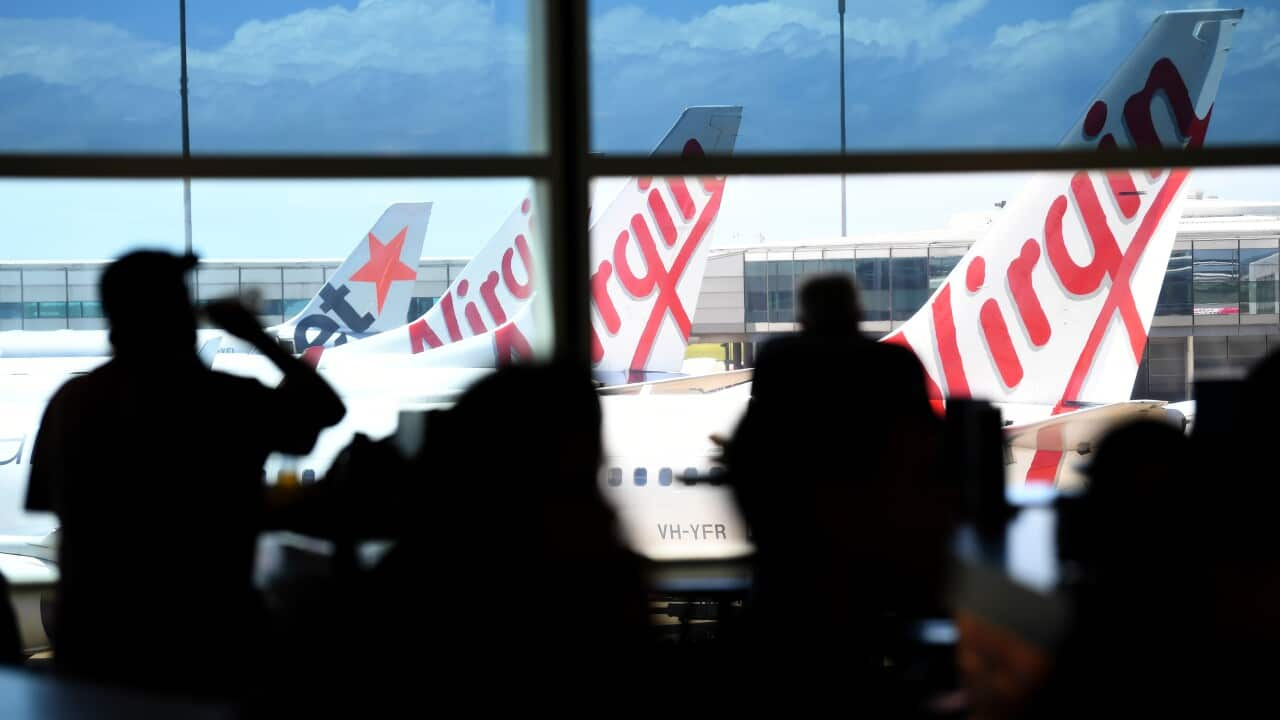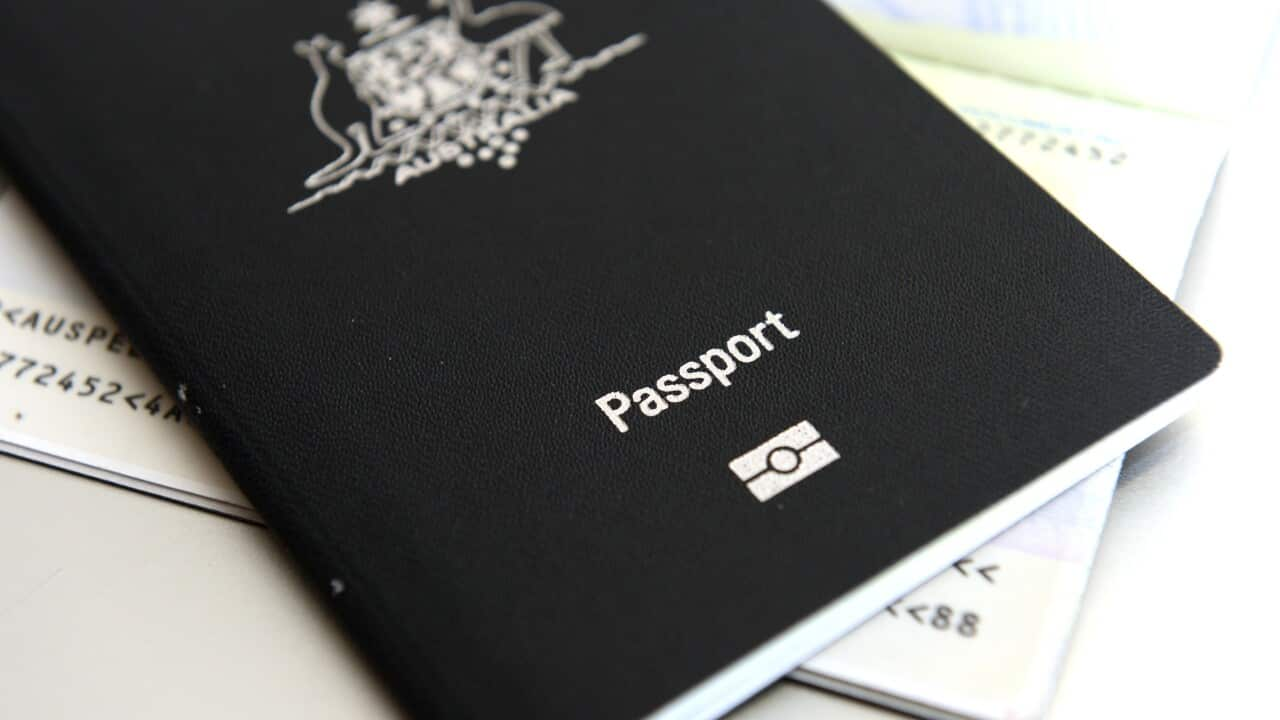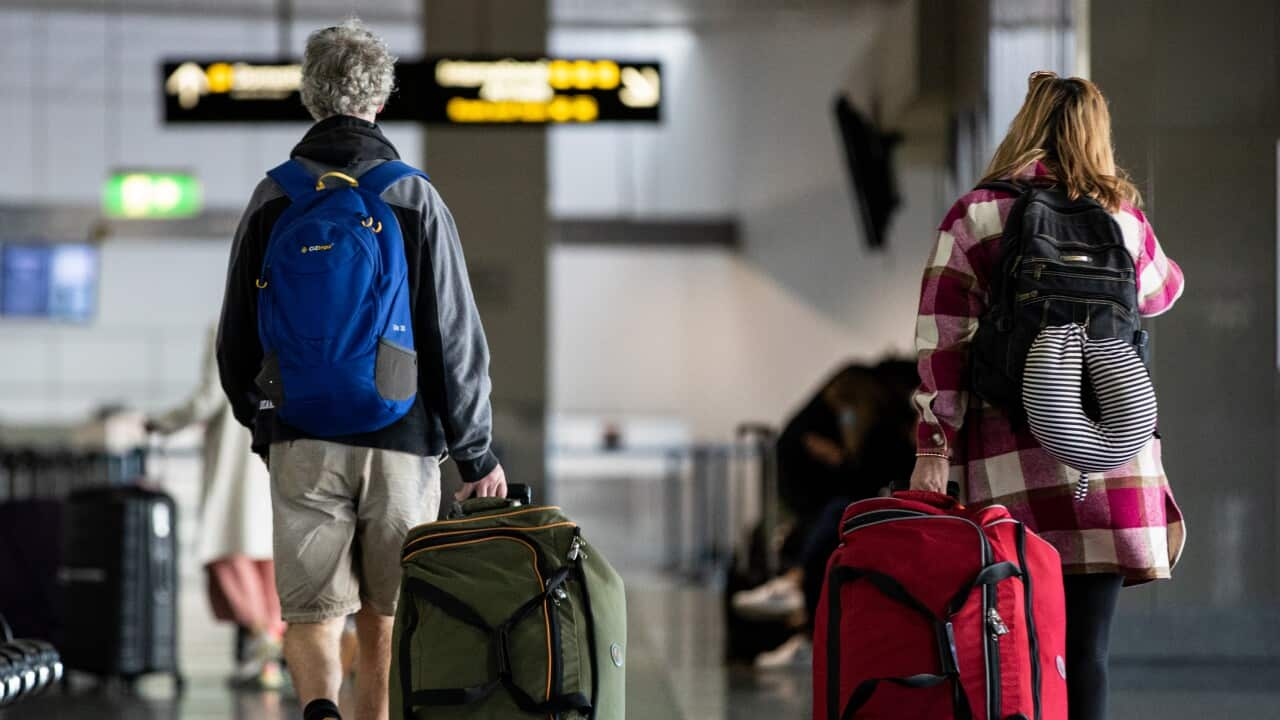Key Points
- The cost of living crisis is forcing many Australians to cancel or postpone their holiday plans.
- Around a quarter of Australians planning to travel scrapped their trips altogether.
- More than two in five delayed their holiday to save money.
Millions of Australians are being forced to reassess their holiday plans due to the and inflated travel prices, according to new data.
Almost two in three (65 per cent) Australians with holiday intentions over the next 12 months have had to cancel or postpone their trips, NAB's latest consumer sentiment survey of about 2,000 local respondents shows.
Around a quarter (24 per cent) scrapped their plans altogether, while just over two in five (42 per cent) delayed them.
Nearly two-thirds believe travel and holidays have become more expensive.

"Australians are closer to their money than they've been in a long time and they're prioritising their spending based on what they value most," she said.
"Just like grocery bills and filling up the car have become more expensive, Australians think holiday plans have become much harder to budget for and they've made considered changes to prioritise spending."
Around 40 per cent had scaled back their travel plans, with some opting to holiday at home, instead of overseas, to save money.
"They might be swapping the Mediterranean for Maroochydore or Bali for Burnie," Hartley said.
How much have flights gone up by?
Airlines have been slow to resume normal services since the COVID-19 pandemic brought international flights to a virtual standstill.
Increasing demand for flights, combined with things like inflation, increased fuel prices and a lack of staff has seen the cost of airfares surge.
Return flights from Australia to overseas destinations are more than 50 per cent above pre-pandemic levels, according to data released at the end of May by online travel company Kayak.
The average return economy international flight between July and December is now $1,827, compared to $1,213 in 2019.
The average cost of a domestic flight was up 10 per cent on 2019 figures, and 15 per cent on last year's.
Outgoing Qantas chief executive Alan Joyce said in June that he expected the cost of airfares to "normalise" as capacity returned to the industry.
But he warned flights were unlikely to be as cheap as they were before the pandemic.
Upside to rising travel costs
Having to cancel, postpone, or take more modest holidays isn't all bad.
By changing travel plans, Australians have on average saved around $392 each month.
Over 12 months, it works out to $4,704 in savings.











